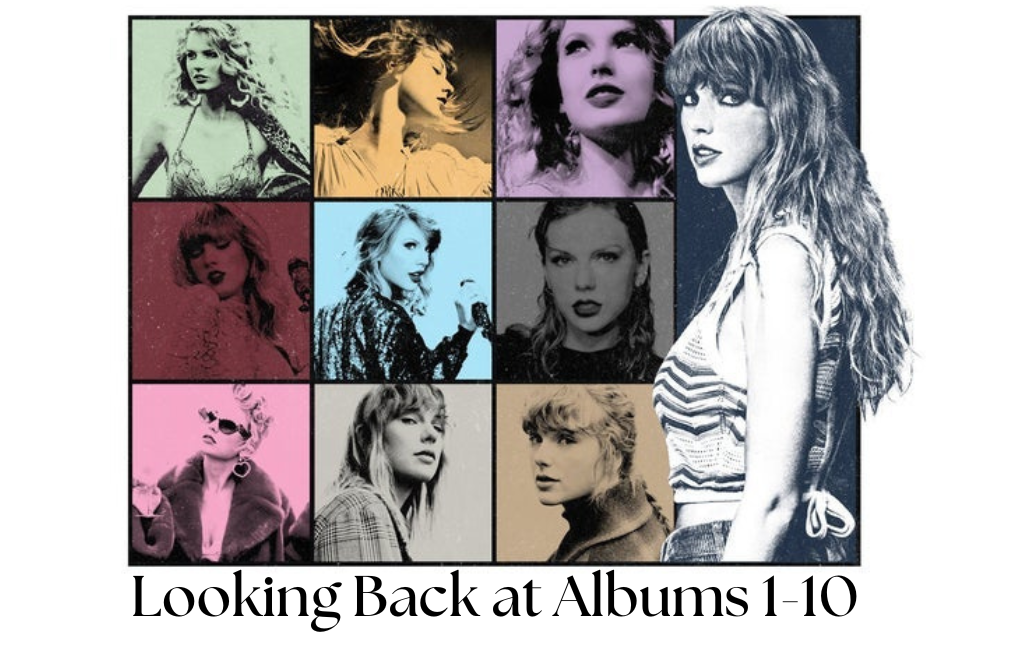Note: This review is number four in a series looking back at Taylor Swift’s first 10 albums.

On Swift’s fourth album, she strays even further from her original country roots and incorporates more electronic and pop-sounding effects, differentiating this album from her previous works.
Still, some songs are reminiscent of her past country focus, such as “Stay, Stay, Stay” and “Begin Again.”
After the release of “Red” in 2012, fans began to notice a common theme in the fifth track of every album, beginning with “All Too Well.”
According to a 2024 interview in Time magazine, Swift said she “was just kind of putting a very vulnerable, personal, honest, emotional song as track five,” admitting this was not on purpose.
Yet the track five theme continued on future albums, where the song chosen for this slot usually becomes a fan favorite of the album.
The original track five, “All Too Well,” gained so much popularity Swift released “All Too Well (10 Minute Version)” as a vault track on the Red rerecording. “All Too Well” was even deemed one of the best songs of the past decade by Business Insider.
The song is arguably one of Swift’s best through her lyricism and the way she tells a story. Swift produces lines such as, “And you call me up again just to break me like a promise/So casually cruel in the name of being honest,” pulling at the listener’s heartstrings and giving insight into her past relationship issues.
The real-life storyline and interest surrounding this song led Swift to produce “All Too Well: The Short Film,” starring Sadie Sink (playing Taylor Swift) and Dylan O’Brien (playing Jake Gyllenhaal).
The 15-minute video begins with a quote by the late Chilean poet Pablo Neruda: “Love is so short, forgetting is so long,” encapsulating the theme of short, which chronicles a crumbling relationship.
The film matches the lyrics to “All Too Well,” while also showing how a breakup impacts an individual. After the breakup, the film shows the both partners remembering, “it all too well” with flashbacks of happiness and fond memories, contrasting the current state of their relationship.
The ending skips to 13 years later, where Taylor Swift plays her older self, writing a book, reflecting on her past.
“Red” also introduced several hit singles Swift has become known for over the years, such as “22” and “We Are Never Ever Getting Back Together,” characterized by her signature catchy lyrics.
Another memorable song is the title track “Red” where the use of this color represents unstable and unreasonable passion in a relationship. This idea returns in her 2019 album “Lover,” where she alludes to her later relationship with Joe Alwyn in the line, “I once believed love would be (Burning red)/but it’s golden” in her song “Daylight.”
Swift references her past album and relationships, correlating the feeling “burning red.” This instance represents how interconnected nature of Swift’s albums.
Previous Album Speak Now (Taylor’s Version) (2023)| Next Album “1989 (Taylor’s Version)” (2023)

